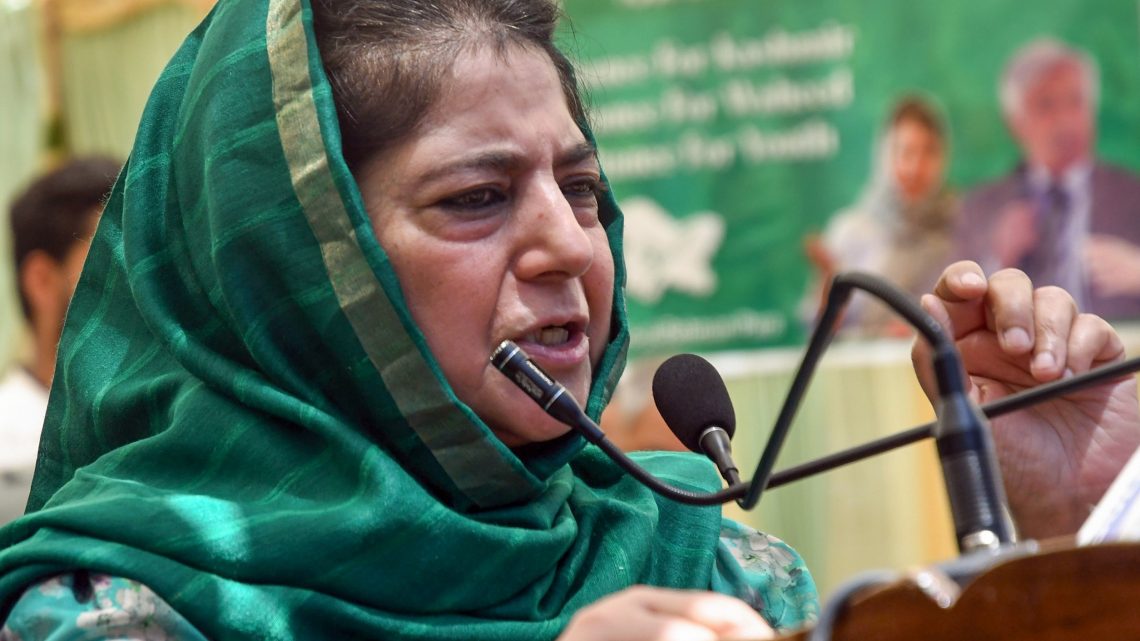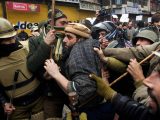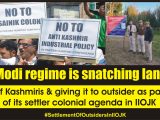
Political Parties’ Allegations of Coercion and Harassment Deface Sham Elections in IIOJK
May 13, 2024The ongoing electoral process in the Indian illegally occupied Jammu and Kashmir (IIOJK) has been stained by allegations of coercion and harassment by Indian forces deployed in the Srinagar-Pulwama constituency. Political parties in the region have decried these actions, denouncing the elections as a sham orchestrated by the Indian government to manipulate world opinion.
Since the contentious abrogation of Article 370 and 35-A in August 2019 by the RSS and BJP-led government of Narendra Modi, the region has witnessed intensified suppression and political upheaval. The international community, recognizing IIOJK as a disputed territory, has called for the restoration of its special status, urging India to respect the rights of its inhabitants.
However, despite global scrutiny, the Indian government persists in its efforts to legitimize its control over the region through staged elections. The reports indicate that this coercive electoral process has led to widespread intimidation and harassment of political activists and civilians alike.
The polling, which commenced with minimal voter attendance, has been overshadowed by accusations of intimidation and arbitrary arrests. Peoples Democratic Party (PDP) leader Naeem Akhtar took to social media to highlight the arrest of Ashiq Hussain Rather, the party’s election agent, allegedly detained by Awantipora police in the dead of night. Similarly, PDP leader Waheed Para raised concerns about the harassment faced by party officials at various polling stations, citing instances of dismissal of duly signed agent slips, causing unnecessary obstacles for their polling agents.
These incidents of harassment and intimidation are not isolated occurrences. National Conference leader Mehdi tweeted about the sudden encirclement of a village in Pulwama by security forces and the launch of a Cordon and Search Operation (CASO) on the eve of polling day. Such actions not only instill fear among the populace but also undermine the integrity of the electoral process, further eroding trust in the Indian government’s intentions.
The allegations of coercion and harassment underscore the farce of democracy being played out in IIOJK. The Indian government’s insistence on holding elections amidst a climate of fear and repression not only violates the principles of free and fair elections but also exacerbates tensions in an already volatile region.

